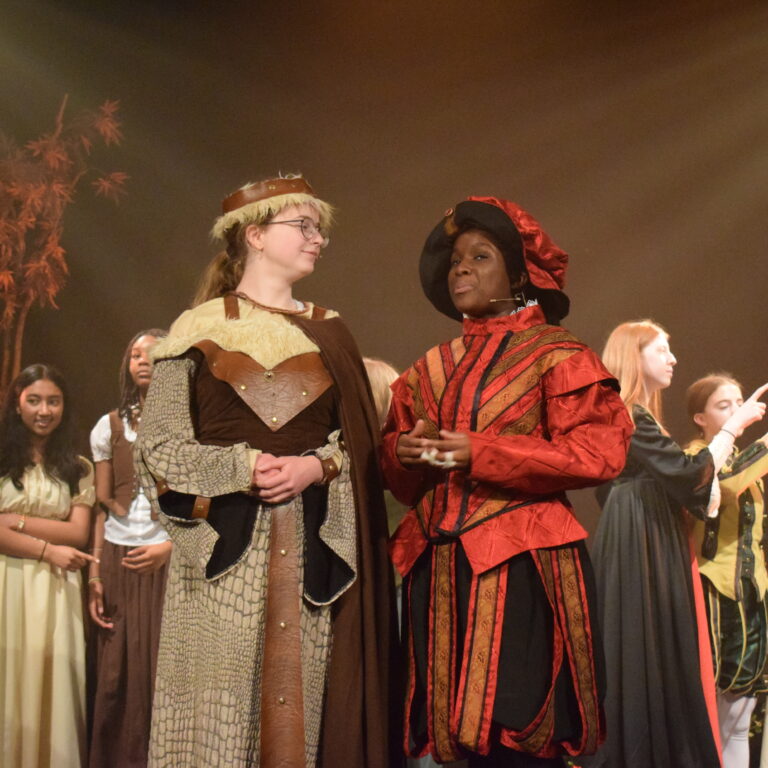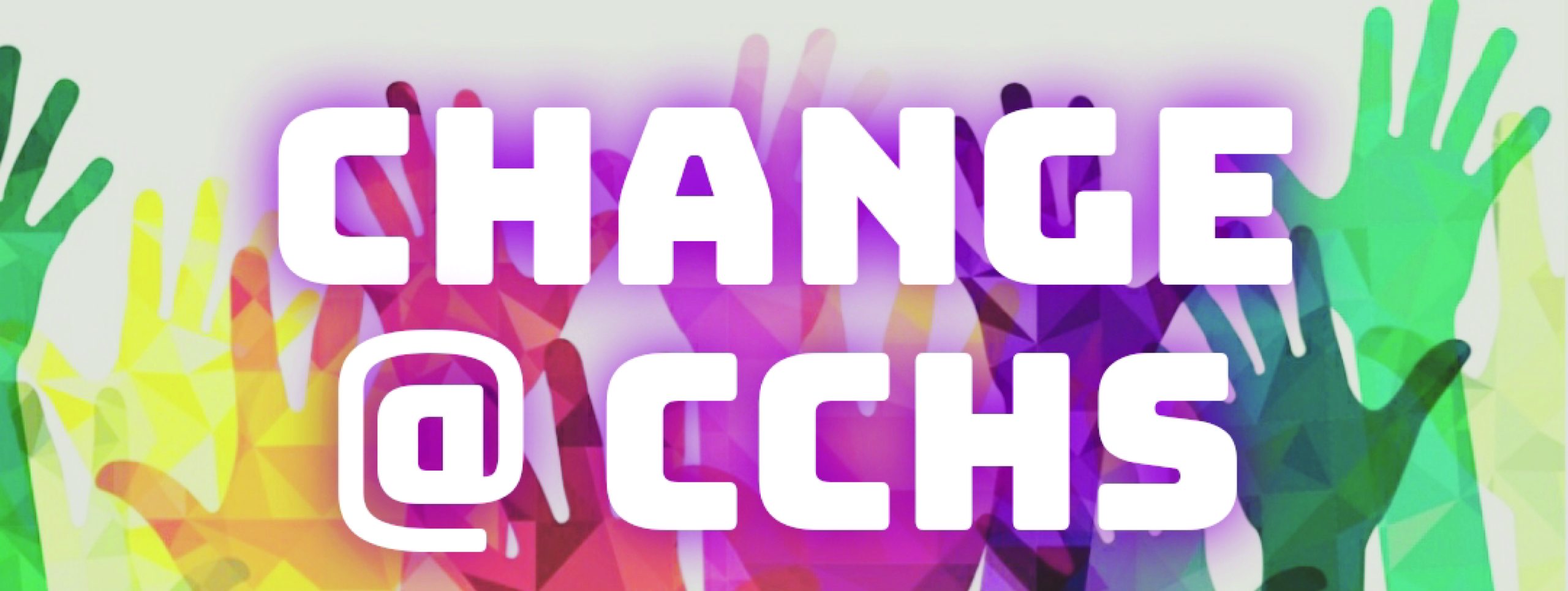CCHS CITIZENSHIP PROGRAMME
International Context
Principles (1 and 4) of the United Nations Convention on the Rights of the Child provide an international inspiration for work relating to young people:
Principle 1
“States parties shall respect and ensure the rights set forth in the present convention to each child within their jurisdiction without discrimination of any kind, irrespective of the child’s parents or legal guardian, race, colour, sex, language, religion…national, ethnic or social origin, poverty, disability, birth or other status.”
Principle 4
“States parties shall assure to the child who is capable of forming his or her own views the rights to express those views freely in all matters affecting the child, the view of the child being given due weight in accordance with the age and maturity of the child.”
National Context
All schools are required by law to promote the fundamental British values of:
- democracy
- the rule of law
- individual liberty
- mutual respect and tolerance of those with different faiths and beliefs
A CCHS student, Ayesha, articulated the following reflection on these values:
“Here at CCHS, we not only embrace British values, but truly celebrate them and encourage others to respect and enjoy them too. We strive to work hard to improve ourselves, our community and beyond – never forgetting our place in the diverse and globalised society in which we live. As a school, we love to learn and grow – with the seeds of excitement, enthusiasm and encouragement we cannot fail to blossom to our individual potentials. We celebrate diversity in all its forms, not only respecting and tolerating people of different faiths, and of no faith, cultures and beliefs, but also learning from them. We place individual liberties and respect for the rule of Law at the very heart of our democratic values – we may live as individuals; but can never forget the fabric of society of which we are an integral part. We refuse to neglect those in crisis or in need of help. With humility, we look back at our humble beginnings at school and with excitement; we look forward to our future in taking our place as Leaders of Tomorrow – serving humanity with the principles of excellence and compassion, wherever life may lead us.
School Context
As part of our change@cchs initiative, we work to promote:
- understanding
- co-operation
- respect
- civility
We support our students, through their interactions with each other and with members of staff, as members of CCHS community, to understand the values which animate our school ethos (vision and aims). Those relating specifically to the concept and experience of citizenship are:
Developing the leaders of tomorrow (school vision) – Citizenship: inspiring students to think for themselves and to act for others.
Contributing to the community (school aim 3) – Duty: ensuring students always conduct themselves with civility and compassion, supporting each other and looking beyond themselves.
Our Objectives
Through everyday behaviour, we are determined to make face-to-face interactions a force for:
- respectful exchanges of ideas
- broadening horizons
- forging lasting friendships
Through online behaviour, we are determined to make social media interactions a force for:
- positive engagement
- supporting one another
- celebrating successes
Our Commitments
How are our students able to have their voices heard?
- Form discussions
- change@cchs initiative
- Student Voice
- Sixth Form Council
How can our students appreciate the variety of cultures and heritages in our school?
- Engagement in lessons
- Assemblies
- Music Concerts, School Productions and Dance Shows
How can our students share their ideas with confidence and dignity?
- ‘Stand Up, Speak Out!’
- Assemblies
- House Debating
- Public speaking competitions and the Jack Petchey ‘Speak Out’ project
How can students listen to and understand different points of view?
- ‘Listen and learn’ mindset
- The art of disagreement
How can students take responsibility for the predictable consequences of their actions?
- Celebrating role models by understanding their qualities
- A zero-tolerance approach to all forms of discrimination





